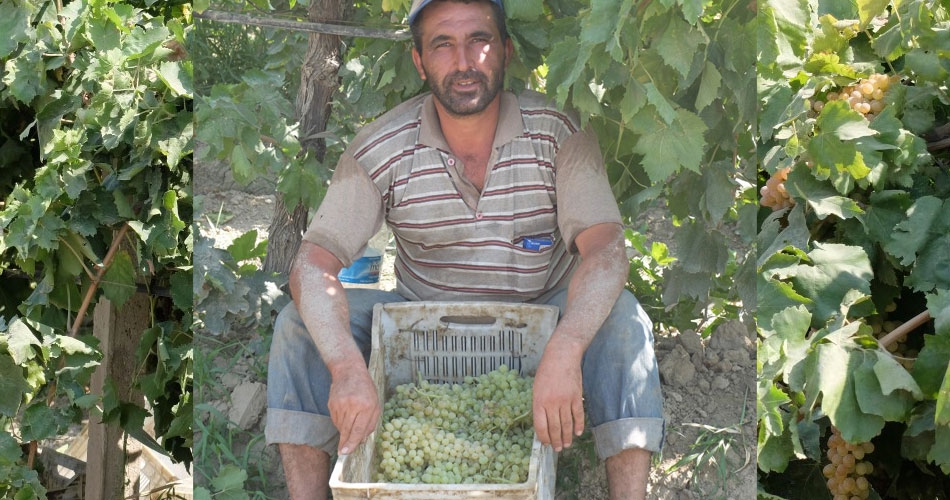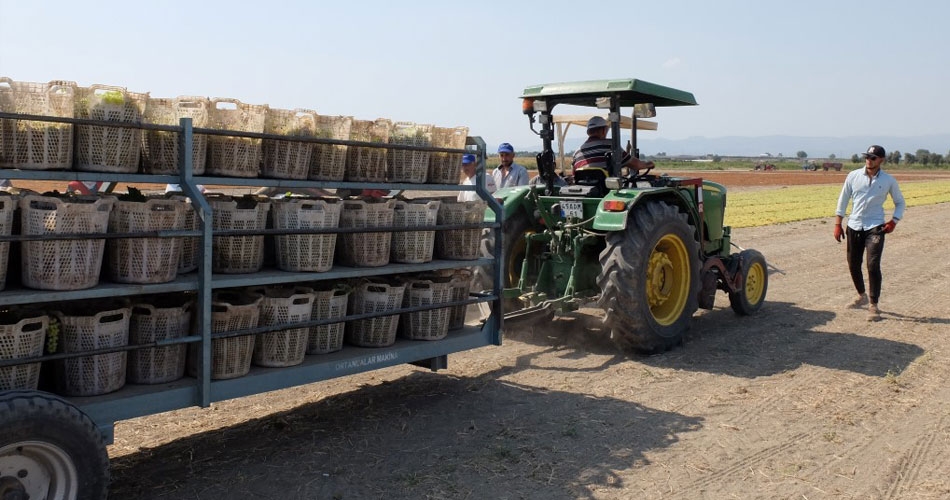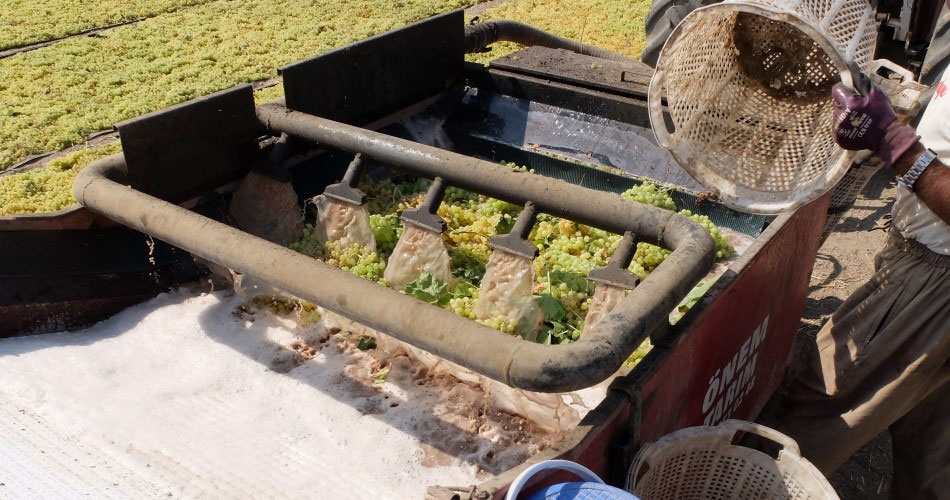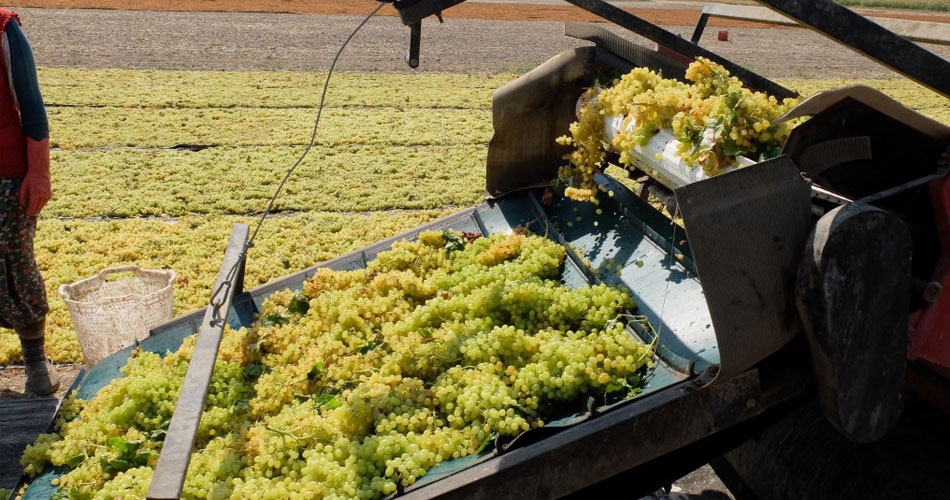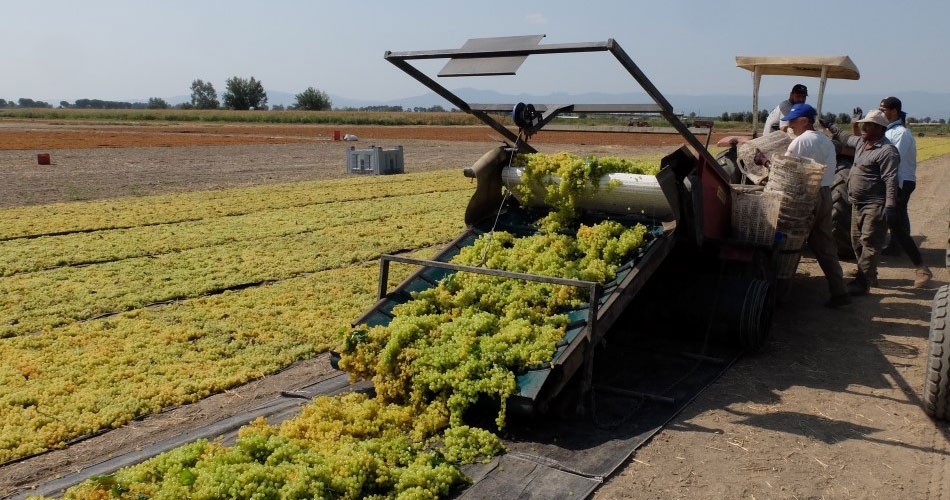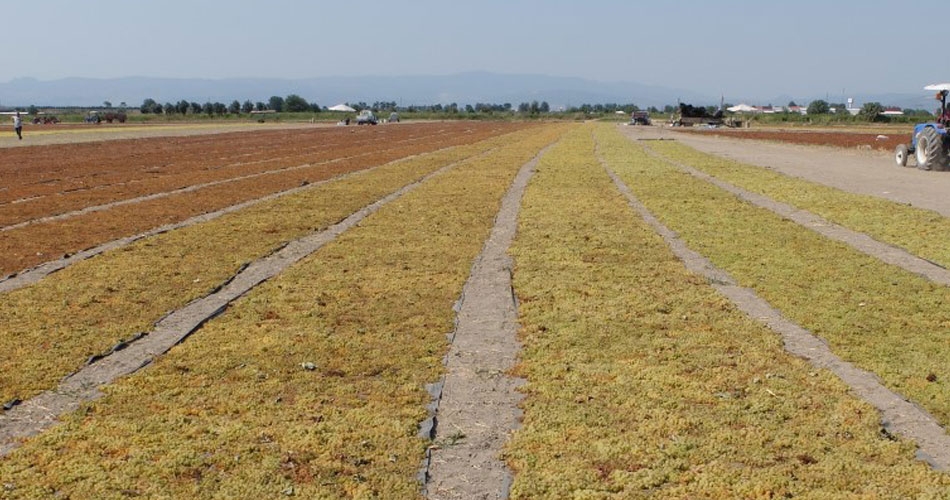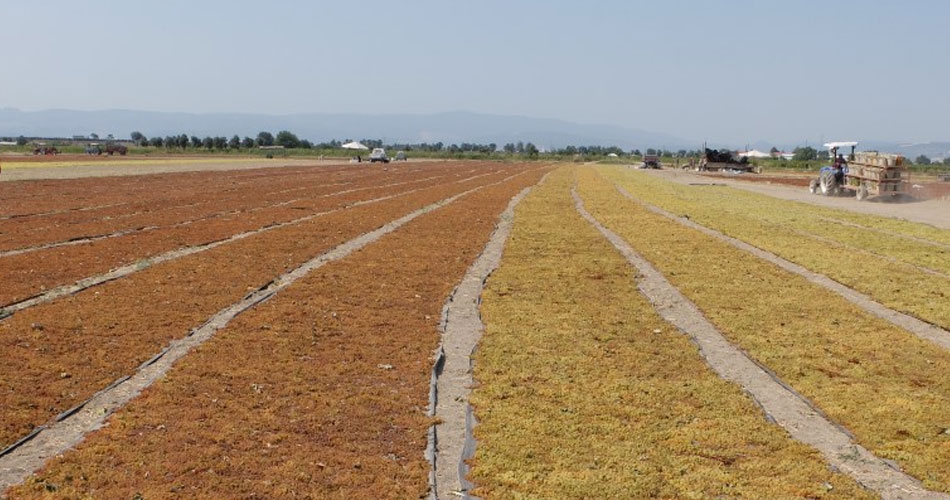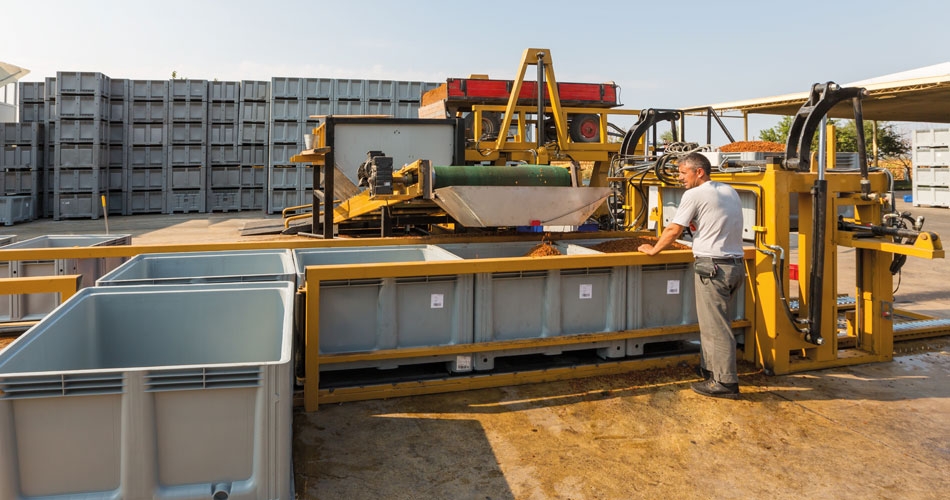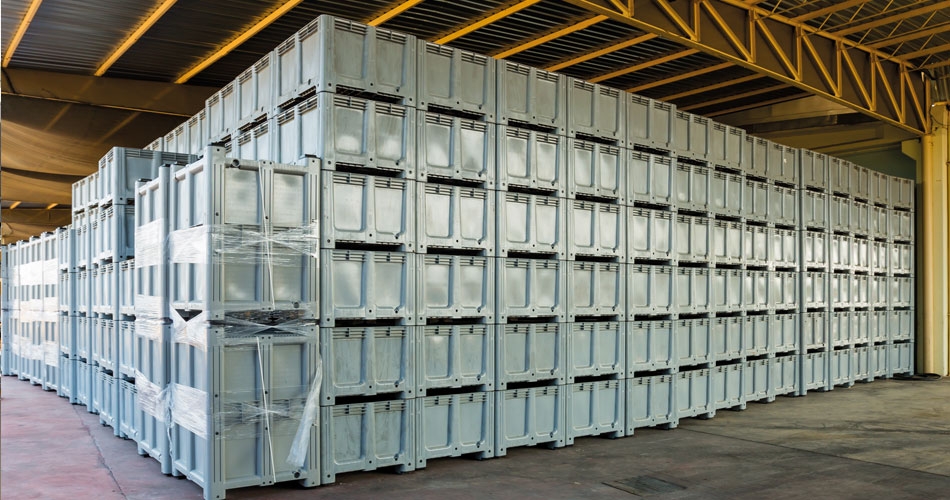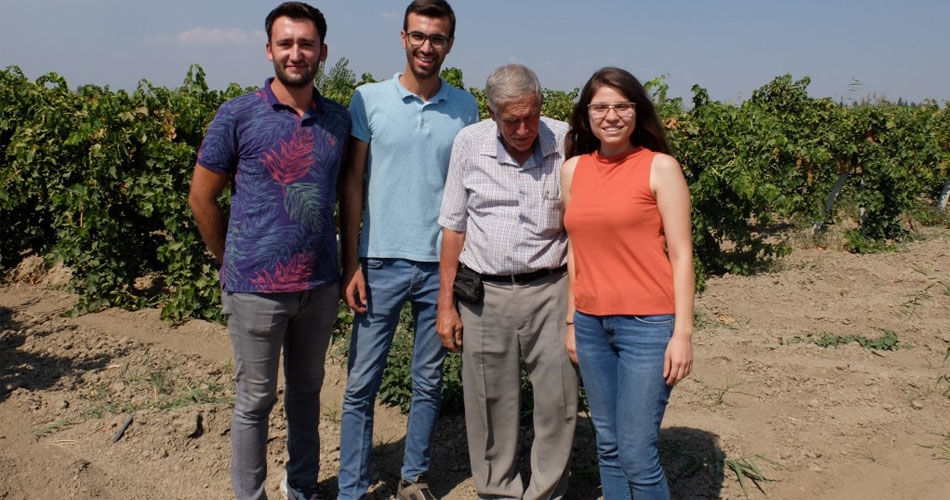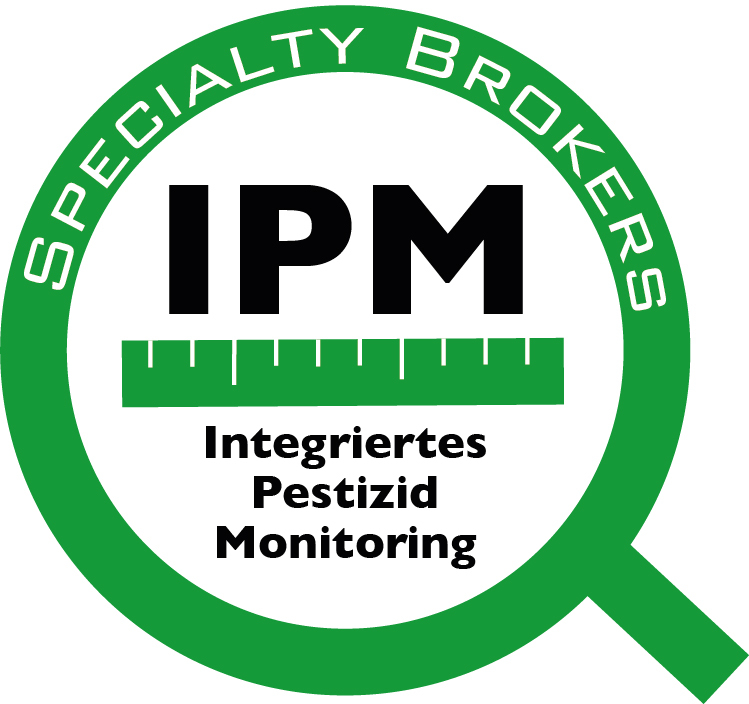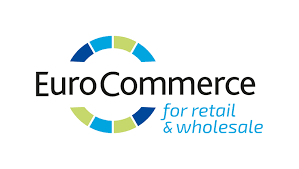DIENSTLEISTUNGEN
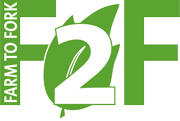
The trade with Turkish dried fruits, in particular Turkish sultanas and grapes has been a major focus of Specialty Brokers' daily work for years. Regular on-site visits were and are a guarantee for successful business relationships and they raise awareness for problems in the supply chain - and this has been the case for 10 years now!
The Turkish wine-growing area is huge and stretches from Izmir - Manisa - Torgutlu - Alasehir - Cebeci - Yener - Sarigol. About 80,000 farmers produce over 2 million MT of fresh grapes. Of which about 250 - 300 MT are processed into dried sultanas and grapes. Pesticides are now the largest cost item at about 20 %. There are no government restrictions on the dispensing of herbicides/fungicides/insecticides/caricides! We know of more than 100 different substances that are used in Turkish viticulture. Among the best known are chlorpyrifos, iprodione and glyphosate with far-reaching consequences for exports and the domestic economy. Not only the uncontrolled use of mostly fungicides, but also uncontrolled multiple exposure to so-called "pesticide cocktails" are a problem. This situation in the classic Turkish cultivation areas is leading to:
· Groundwater pollution with pesticides
· Air pollution with pesticides
· Damage to pollinators (toxic to bees)
Furthermore, it has not yet been researched how the human organism reacts to multiply contaminated food with so-called "pesticide cocktails". It is a fact, that children and pregnant women are counted among the risk groups for contaminated food. This means that all partners involved in the life cycle of sultanas are at risk.
In order to safeguard this market for our customers in the long term, Specialty Brokers has registered the EUIPO trademark IPM (Integrated Pesticide Monitoring) for its Turkish sultana cultivation project, which is unique to date. We support Turkish farmers and EU food producers in developing sustainable raw materials that help retailers in Germany to implement sustainable food. It was foreseeable early on, that the EU Commission, with the new President von der Leyen, will restrict the type, use and quantity of pesticides with its "Farm to Fork (F2F)" strategy. Only products that comply with the new rules will have a chance on the European market in the future, and the planned EU supply chain law and the EU regulation on multiple contamination with pesticides in food clearly show that, in addition to domestic producers, suppliers from so-called third countries and local processors will also be called to account if they want to have a chance on the European market.
IPM is based on sultanas produced with a maximum of 4 pro-active pesticides, approved by the EU and in close partnership of local Turkish farmers and our exporter Özgür (the world's largest processor of sultanas with about 80 TMT annual production). Raw material is only purchased from audited and registered farmers who meet the quality requirements. All farmers involved in the IPM project purchase their max. 4 pesticides from Özgür. This is done at subsidised prices and guarantees transparency and traceability for the delivered batches. All test reports are digitised and enable the buyer to trace the products completely according to F2F. Added to this are tests and corresponding test certificates.
In addition to higher prices for the raw material supplied in such a way, the farmers receive training in the use of pesticides and the social and ethical requirements that are important for long-term export to Europe in accordance with F2F. With these practices, we not only ensure compliant supply to our EU customers, but also protect the livelihoods of sultana farmers in Turkey and their families. It is too often forgotten that the EU F2F-strategy will be a dramatic learning process for all market participants in the future.
All this means, sustainable products that ensures a supply of safe, European-compliant raw materials. IPM sultanas that meet EU requirements for species and multiple pesticide exposure are labelled with our IPM mark and immediately visible to the buyers. Our sultanas already meet the EU supply chain requirements regarding social, health- and environment - friendly agriculture. Our shipper Özgür has repeatedly had all processes successfully certified by Intertek according to CEDEX SMETA rules.

